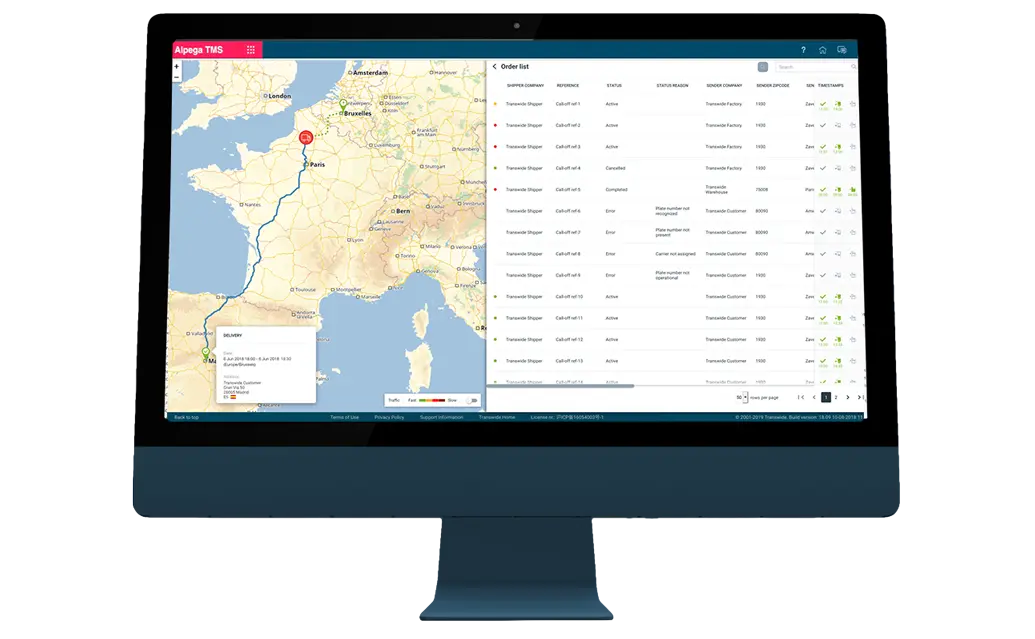

Although some chemical companies may have a degree of automation in their freight audit and payment processes, most do not have a detailed view on the actual cost of chemical transport.
Gaining an in-depth understanding of freight cost management – drilling down to all accessorial costs and surcharges – is the crucial first step to bringing freight spend under control.
For chemical transportation, this can also include surcharges for handling hazmat logistics and regulatory paperwork – as well as charges for other services related to chemical transport, for example cleaning after transportation of liquids or bulk goods. Finding a more efficient means of managing freight costs will become even more critical as chemical companies look to improve their operational performance and increase margins.
At Alpega we help chemical companies:
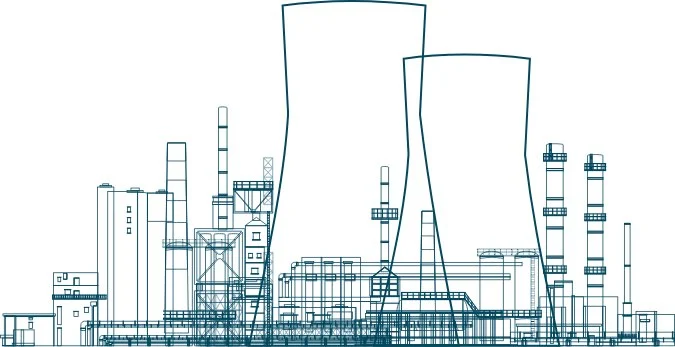
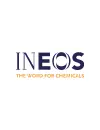
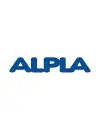
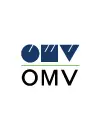

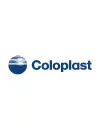



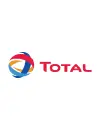

By streamlining sourcing, planning, execution, settlement and analytics, Alpega delivers seamless integration and global visibility for thousands of users worldwide. Our customers include some of the biggest names in the chemicals, mining and minerals industry.
Integration and automation are keys to success for a seamless supply chain in the chemical industry.
Insights from the Aberdeen whitepaper ‘Digitizing Transportation Management: Key drivers for chemical and aggregate materials manufacturers’ show that ERP systems are not enough to cover the complex needs of the chemical industry’s supply chain.
From carrier selection to cost assessment, more best-in-class chemical companies are synchronizing their information flows online in a Transportation Management System (TMS).
Read this white paper to find out more about how supply chain managers in the chemical sector manage the flows for goods, information, and funds across increasingly complex logistics networks. Learn about the success factors that make it easy for them to ensure regulatory compliance and excellent service for their customers.



Chemical and aggregate product manufacturers have very unique transportation management requirements that ERP systems are not equipped to handle with their out of-the-box capabilities.
Strictly managing incidents, security and other legal compliance requirements, remains a constant challenge as chemical companies are operating in an increasingly regulated environment. Companies in the chemical sector need to know precisely how their products are handled with live tracking at every stage of the shipping process.
The dangerous nature of hazmat logistics, means an incident can have wide-ranging implications, so having end-to-end visibility and traceability is vital.
The current data silos stemming from point-to-point connectivity within typical ERP environments, do not allow for sharing of information across a wide range of partners, who may have different levels of IT capabilities. Planners, schedulers, operations managers and business leaders end up looking at different or outdated versions of information which can pose safety or regulatory risks.
In today’s world, integrated systems and business processes are necessary to ensure everyone has the same view, but this is only possible once a shared information model is in place, as in a TMS.
